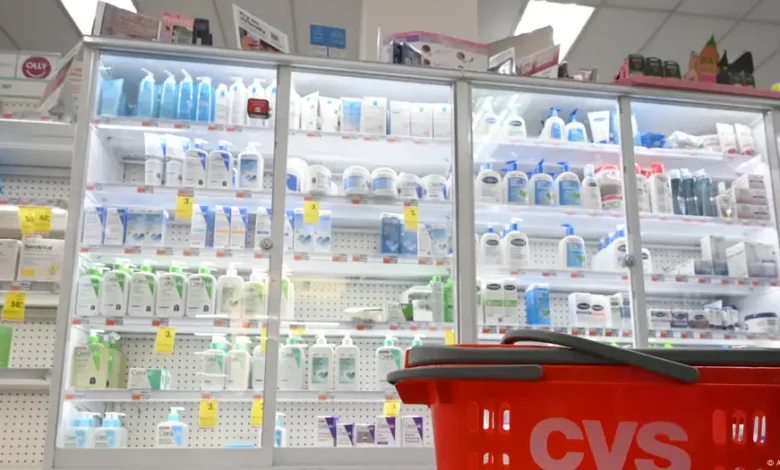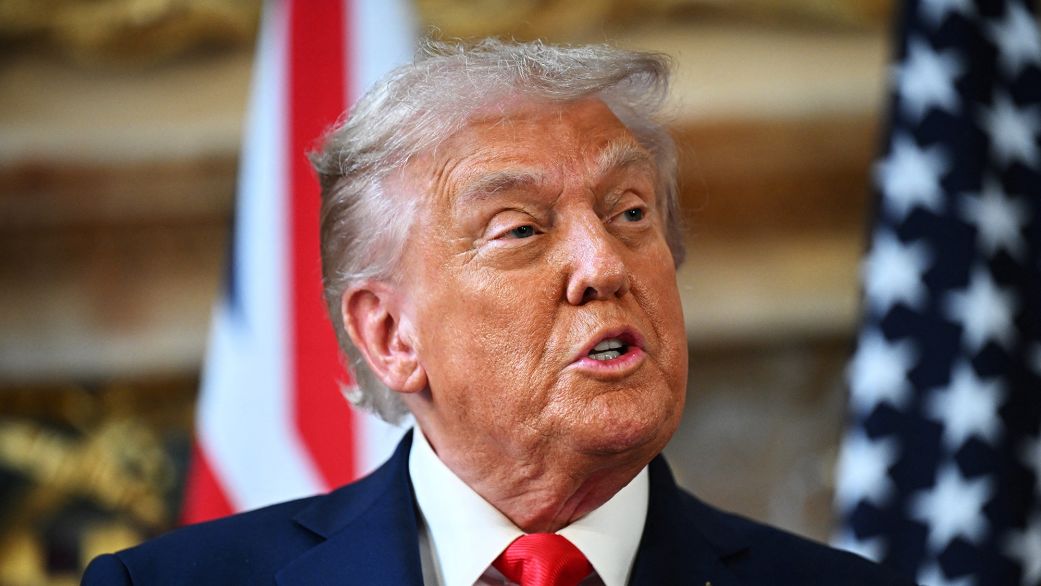Trump’s 100 percent pharma tariffs set to ‘rattle’ global supply chains, spark strategic urgency for drugmakers
US consumers expected to face higher prices and reduced access to imported drugs. Experts note that while domestic production may strengthen supply security over time, it comes with higher costs that could outweigh any immediate consumer benefit.

US President Donald Trump announced a sudden move to impose 100% tariffs on all branded or patented pharmaceutical imports starting October 1, 2025.
The announcement came via his social media platform, continuing the pattern of abrupt tariff declarations seen during his previous terms. The tariffs are aimed at products not manufactured in the US.
Dw.com wrote pharmaceutical goods were previously exempt from the reciprocal tariffs introduced in April 2025, partly due to a national security probe examining the potential impact of taxing such products. Trump has, however, repeatedly threatened to target pharmaceuticals since returning to office in January.

Two potential exemptions were outlined in Trump’s announcement. Generic drugs, which replicate branded drugs in composition and function, are apparently excluded. However, experts warn that the distinction between branded and generic drugs is not always clear, making it uncertain which products will truly be exempt.
The second exemption applies to companies producing drugs in the US or those planning to build manufacturing facilities on American soil. “IS BUILDING” is defined as either breaking ground or having construction underway, meaning companies meeting this criterion would avoid the tariffs.
Deborah Elms from Singapore’s Hinrich Foundation highlighted the ambiguity of the announcement. She noted that pharma companies might rush to start construction or claim production initiatives in the US simply to qualify for the exemption, potentially creating confusion and disputes over compliance.
Neil Shearing, chief economist at Capital Economics, suggested the move may not have as severe an impact as it first appears. Many major pharmaceutical companies, such as Eli Lilly, AstraZeneca, Roche, and GSK, already have or are planning US production facilities, which would likely exempt them from the tariffs.
Recent reports indicate that over a dozen pharmaceutical firms plan to invest more than $350 billion in US drugmaking and related operations by the end of the decade, reflecting a broader trend of expanding domestic production among global pharma companies.
Globally, countries most likely to be affected include Ireland, Germany, Switzerland, Singapore, and India, which are the top exporters of pharmaceuticals to the US.
The EU accounts for roughly 60% of US pharma imports. However, the US-EU trade agreement limits EU pharma tariffs to 15%, potentially mitigating some of the impact.
For countries like India and China, the generic drugs exemption may offer relief, as they predominantly export non-branded pharmaceuticals. Nevertheless, industry leaders in Europe warn that tariffs could still disrupt supply chains, increase costs, and restrict access to lifesaving medications.
US consumers are expected to face higher prices and reduced access to imported drugs. Experts note that while domestic production may strengthen supply security over time, it comes with higher costs that could outweigh any immediate consumer benefit.
In response to the tariff announcement, shares of Asian and European pharmaceutical companies declined, reflecting market concerns over trade disruptions, increased costs, and uncertainties surrounding the exemption rules. Overall, the move underscores the growing tension between trade policy, domestic production incentives, and global pharmaceutical supply chains.
Follow The Times Kuwait on
X, Instagram and Facebook for the latest news updates












